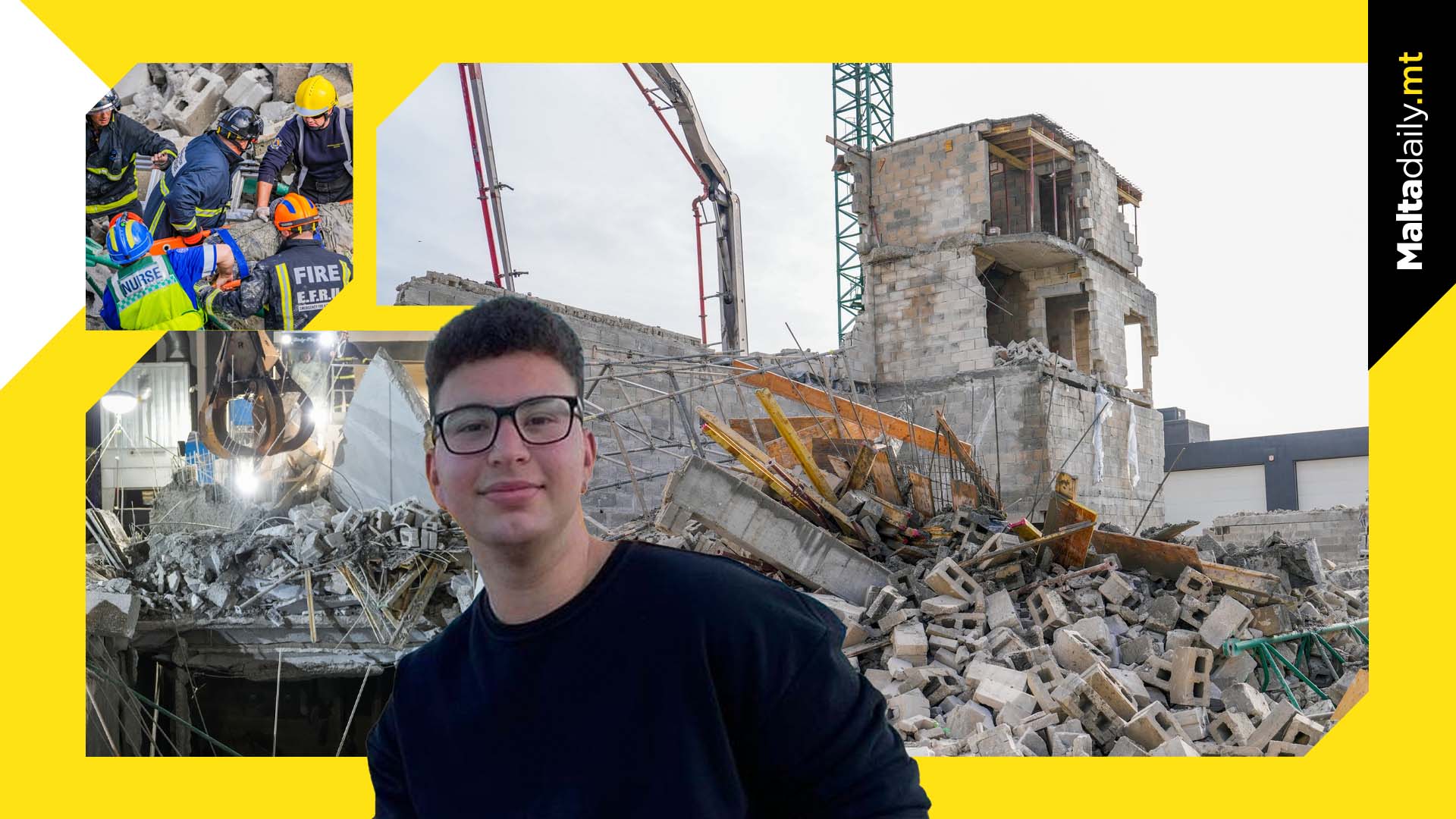
In the aftermath of the tragic death of Jean Paul Sofia due to the collapse of a building under construction, the government has established a public inquiry to thoroughly investigate the circumstances surrounding the incident.
The terms of reference for this public inquiry are comprehensive and aim to shed light on the factors that led to the disaster, evaluate existing regulations, identify potential lapses, and propose measures to prevent such fatalities in the future. Here is an overview of the seven key points of reference that will guide the inquiry process.
View this post on Instagram
1. Legality of the Site Allocation
The first point of reference in the public inquiry is to ascertain whether the allocation of the construction site to AllPlus Limited by government entities was conducted in accordance with the law. This will involve scrutinizing the allocation process, assessing relevant documentation, and determining if any discrepancies or irregularities occurred during the selection of the site.
2. Relationship between Allocation and Building Collapse
The inquiry aims to establish whether there was a direct relationship between the way the site allocation was made and the subsequent collapse of the building, leading to the tragic death of Jean Paul Sofia. Understanding this connection is vital in identifying potential factors contributing to the structural failure and holding those responsible accountable.
3. Assessment of State Regulations and Enforcement
To ensure accountability and safety standards, the public inquiry will examine whether the state had appropriate regulations in place regarding construction site safety. Furthermore, it will investigate the extent to which these regulations were enforced and adhered to during the planning, development, and construction phases of the ill-fated building.
4. Measures to Prevent Future Fatalities
One of the primary objectives of the public inquiry is to evaluate the adequacy of measures in place to prevent such fatal incidents on construction sites. The inquiry will examine safety protocols, risk assessment procedures, and emergency response plans to determine if they were adequate and effectively implemented.
5. Comprehensive Examination of Planning, Development, and Construction Process
The entire process of planning, development, and construction of the collapsed building will be subjected to meticulous scrutiny. The inquiry will delve into the architectural and engineering decisions, quality control measures, and construction methodologies to identify any shortcomings or negligence that contributed to the building’s collapse.
6. Identification of Entities Failing to Take Action
The public inquiry will investigate if any state entity or authority was aware of potential risks associated with the construction site but failed to take appropriate action to mitigate them. This aspect aims to highlight any bureaucratic or administrative failures that may have contributed to the tragic outcome.
7. Recommendations for Construction Site Health and Safety
Finally, the inquiry board’s key responsibility is to compile a comprehensive report based on the findings and present actionable recommendations for enhancing health and safety measures on construction sites. These recommendations will play a crucial role in preventing similar tragedies and ensuring the welfare of construction workers and the public.
The public inquiry into the death of Jean Paul Sofia marks a crucial step towards uncovering the truth behind the building collapse and enhancing safety standards in the construction industry.
With a clear focus on the seven points of reference, the inquiry board will be well-equipped to examine every aspect of the incident and propose necessary reforms. The completion of the inquiry is expected to take place within five months, followed by the prompt publication of the report.
Prime Minister Robert Abela stated that the government is holding to the duty of publication in releasing the Terms of Reference.
With the family of Jean Paul Sofia consulted in the establishing of the terms, the government expressed it’s willingness to see justice prevail in its totality.
The Nationalist Party welcomed the public inquiry, but noted that were the public inquiry to begin earlier, as has been called for by the Opposition and other activists, justice would have already taken place. ‘Jean Paul’s mother, father and loved ones were left waiting for months asking and pleading.’
#MaltaDaily










